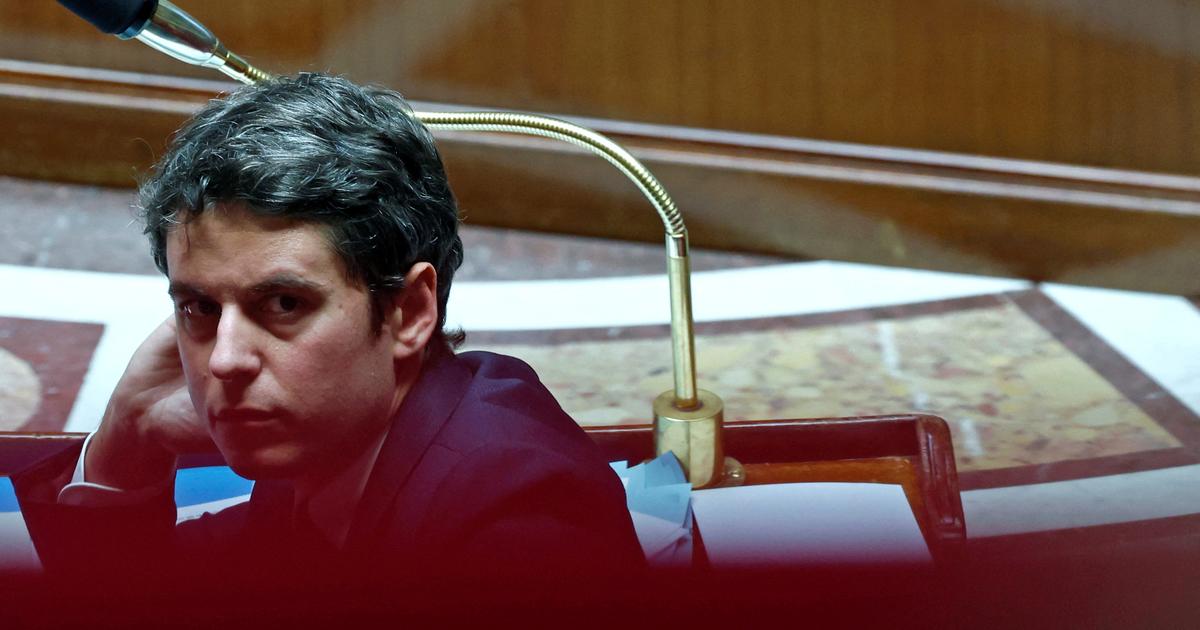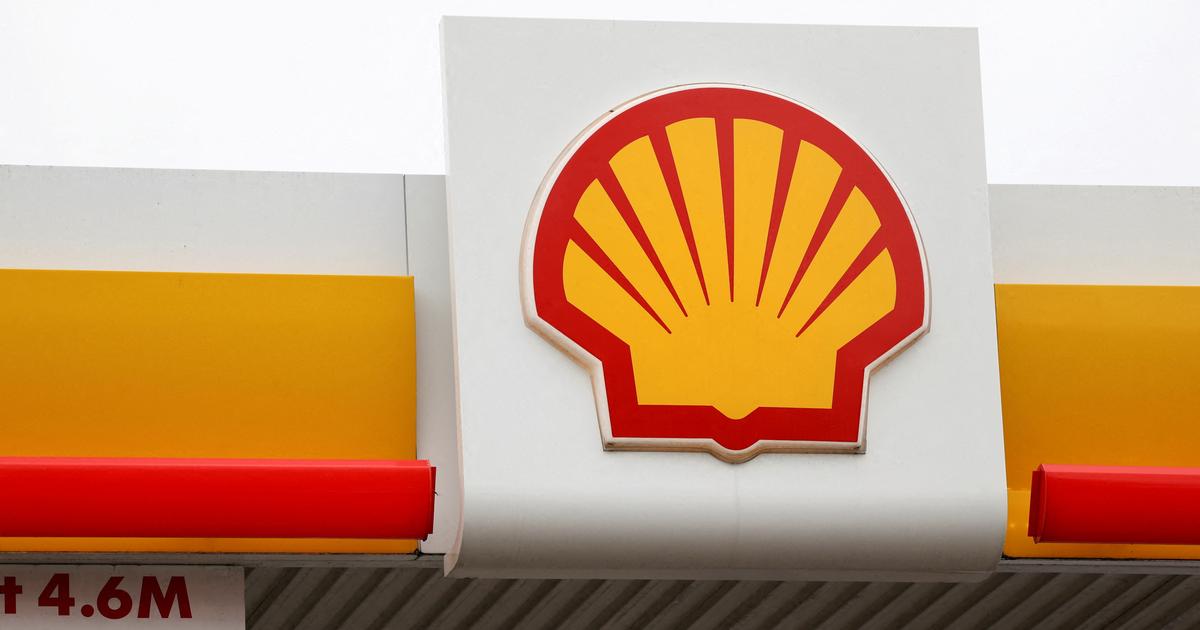The founder of the Urgenda organization, Marjan Minnesma, greets the judge in 2015.URGENDA
The Netherlands managed to reduce CO₂ emissions by 25.5% in 2020 compared to 1990, as ordered by the Supreme Court.
In this way, it meets the objective set by the judges in a historic sentence obtained by the environmental organization Urgenda, although this achievement has little to boast about, since it has been achieved with hardly any far-reaching reforms or changes in the country's climate policy.
It is true that this reduction in emissions was due, in part, to the lower use of coal in power plants, but this was a consequence of the low price of gas at that time, which caused this technology to displace more polluting facilities.
In addition, the Central Statistics Office, which released emissions data this week, cites other unexpected factors, such as a relatively warm winter that reduced heating use.
And there is the pandemic, which, although it played a relative role in terms of CO₂, also meant a decrease in road traffic due to movement restrictions.
In 2019, the Urgenda organization managed to endorse in the Supreme Court an unprecedented lawsuit against the Dutch State —won in 2015 in the first instance— asking for the limitation of greenhouse gases.
Today, environmentalists lament that compliance has not been achieved by virtue of a government policy to combat climate change.
Marjan Minnesma, its director, describes as "coincidence and luck", the decrease in CO₂ emissions achieved.
“It is the lowest possible limit, and in 2020, the price of coal exceeded that of natural gas, something that does not usually happen.
Gas accounts for half of coal emissions, so power plants maintained in this way were closed and they switched to gas, ”she explains, in a telephone conversation.
In her opinion, all this combined with a mild winter and less use of the car due to covid-19,
"It is not the same as reducing emissions structurally based on laws, regulations or subsidies."
According to the Central Bureau of Statistics, road traffic fell by 15% due to government advice to work from home and travel less, but emissions from industry remained about the same.
"This year the price of gas is again very high and it has gone back to coal," he says.
For Benjamin van Sterkenburg, spokesman for Milieudefensie, the Dutch branch of Friends of the Earth, "although the new government of the Netherlands has allocated millions of dollars in funds to the energy transition, most of it consists of subsidies, which politicians prefer to firm laws."
"We consider the second necessary," says the spokesman for this organization.
Urgenda set a global precedent in 2015 wielding respect for fundamental rights, such as the right to life, to demand in court that more measures be taken against global warming.
She won, but the Executive appealed, arguing that the courts should not interfere in politics.
When the Supreme Court agreed with the NGO in 2019, it was very close to 2020, a year with lower reduction targets than the current ones.
The current center-right coalition in power has earmarked €35 billion to reduce emissions by 2030, and favor the sustainability of highly polluting companies, such as Tata Steel, Shell and the coal-fired power plants themselves.
“Never has so much money been budgeted for climate.
We'll see how they do.
And how does the new Minister of Climate and Energy, created within the Ministry of Economy and Climate, operate and who will be in charge of verifying the use of these funds”, continues Minnesma.
The environmental leader does not rule out going to court again before 2030 if the government objectives are not met.
According to her data, emissions from industry are now the biggest problem for the Government, and are 40% of the total in the Netherlands, especially those from the steel, chemical and fertilizer sectors.
At the moment, the Dutch Climate Law fixes the reduction of CO₂ by at least 49% by 2030, compared to 1990. The current center-right Cabinet hopes to reach up to 55%.
Foresighted, she recalls that the provisional calculations of Statistics, presented in December, already indicate the following: “In the first nine months of 2021 there were 3% more greenhouse gas emissions than in the same period of 2020″.
Full data will be published in March.
You can follow CLIMA Y MEDIO AMBIENTE on
and
, or sign up here to receive
our weekly newsletter


/cloudfront-eu-central-1.images.arcpublishing.com/prisa/RFXKLPJ6S5PGXJYGTELOFX5R6E.jpg)








/cloudfront-eu-central-1.images.arcpublishing.com/prisa/KMEYMJKESBAZBE4MRBAM4TGHIQ.jpg)


